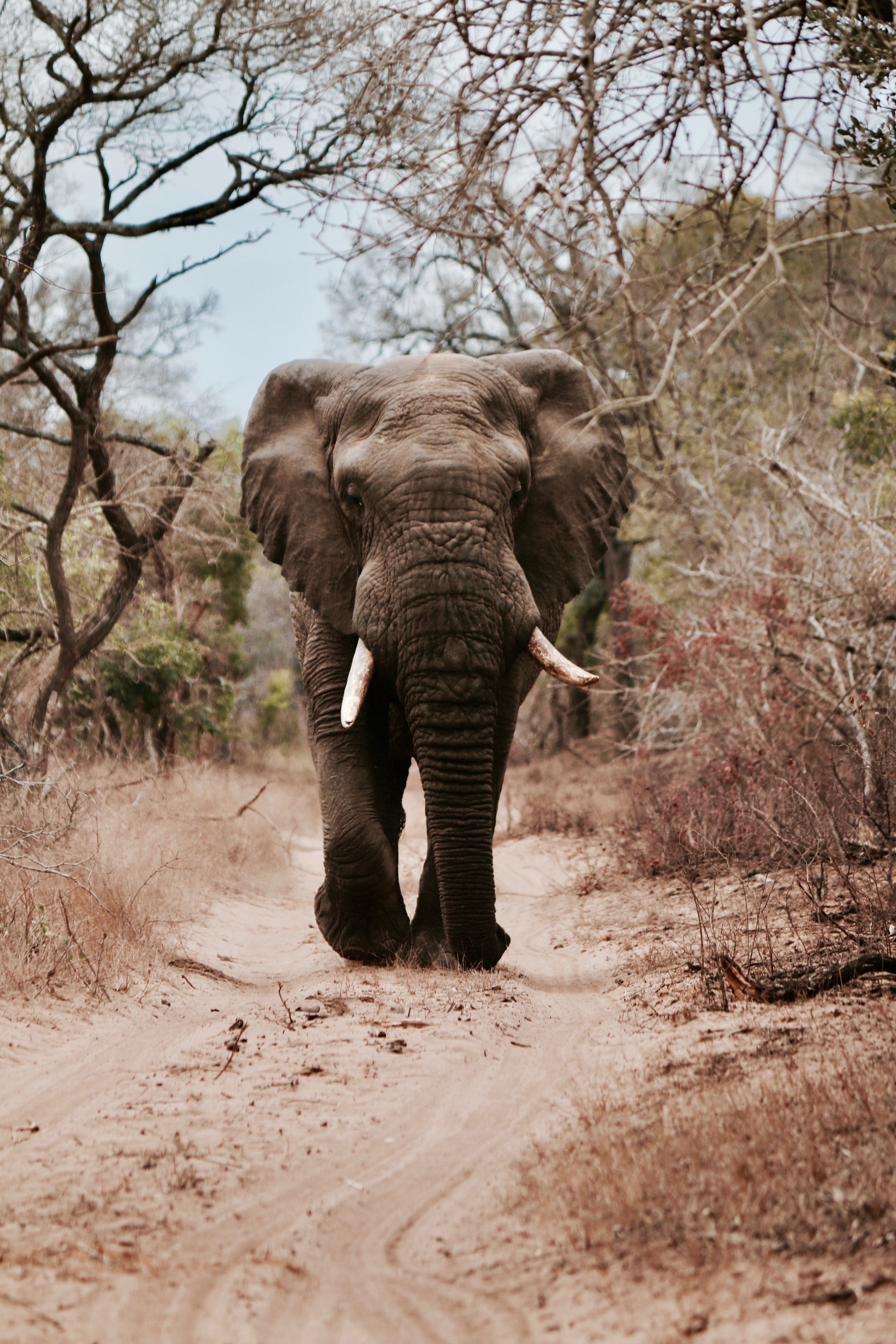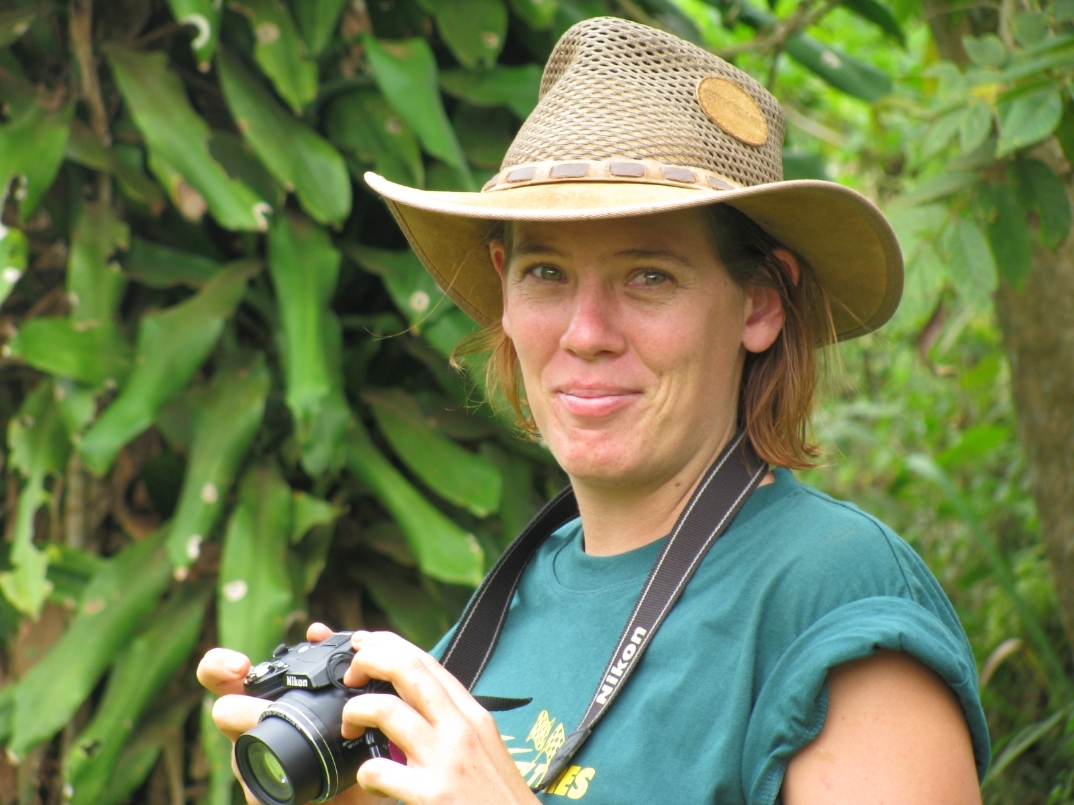
What’s Best For Wildlife Economies: Specialisation Or Broad Knowledge Bases That Aim For Interdisciplinary Conservation?
07 Feb 2022
Written by AWEI Fellow Ms Hollie M’gog, Kenya
7 minute read
A sustainable wildlife economy benefits people and nature, using habitats and wildlife in an ecological, economic and socially sustainable way. When communities living closest to wildlife have a clear role and stake in managing nature, they have a stronger incentive to conserve it.
Joyce Msuya, Assistant Secretary-General of the United Nations and Deputy Executive Director of the UN Environment Programme
(See: Wildlife economies: What are they and how do they impact conservation?)
Specialisation means narrowing your field to a very particular set of skills. In a sense this means that the team becomes very much more important because it is the interconnectedness and the ability to communicate between the team members that is actually the path to success.
If wildlife economies (and that means the success of biodiversity and people) are to go hand in hand, then specialisation may not always be the way forwards. It may actually be better, especially in early career or as a student in training, to acquaint yourself with all parts of the whole. This, so that when you do become a team member, and begin to specialise, you are equipped with the full knowledge of what all the other parts of the whole project entail.
To put this into context, there is no point in a protected area manager designing their park based on a biodiversity hotspot, if he or she has no understanding of the resources that the community use from that hotspot. They may use these resources for the survival of not only their community, but for their culture, their beliefs, and their traditions. The protected area manager needs to also understand what the population growth of that community is, where their main incomes lie, what are possible alternative income generations?
In another example, the designer of wildlife tracking collars and chips will not design a functioning piece of equipment, is he or she is not familiar with the biology and ethology of the wildlife itself – how do they move, interact, hunt or even, what would make them become easier prey items?

It was, back in the 1800’s, very common for 14-year-olds to go to university for a decade before leaving with several degrees under their belt; most based on theology but also extending to mathematics, law, engineering, and medicine. These graduates were true polymaths - a polymath being an individual whose knowledge spans a substantial number of subjects and is known to draw on complex bodies of knowledge to solve specific problems.
Throughout Africa, and possibly across the world, we are finding a lot of students graduating from their training institutions or colleges with either a very broad and non-practically applicable set of theoretical knowledge or being highly specialised in a specific area but unable to fully interlink and interconnect with a team. Because they lack that broad understanding of all the aspects that are involved in a successful wildlife economy, we end up with policy-level gaps that simply do not reflect what is happening on the ground. Both are problematic in setting up a successful interdisciplinary team capable of the complex problem solving needed to tackle diverse conservation issues.
If we are to succeed in sustainable utilisation of nature, to reach an equilibrium of economic, ecological, and social interconnectedness between people and nature, then we need leaders who are rather like polymaths - interdisciplinary leaders who can take the broad scale picture and delegate the finer tasks to those who have specialised.
We cannot continue to have government officials and policy creators who have never seen the piece of land they are being asked to rule on, anti-hunting activists who have never seen utter decimation of wildlife from the land because of no economic gain. We cannot stay in our ivory towers of specialisation and think we are making a change if we are not networking with broad-scale thinkers, those who have the whole picture at their fingertips.
For a country to claim a successful wildlife economy, an interconnectedness between science and policy, between wildlife laws and the social and ecological state on the ground is required. To get to this point, it needs to have training and education systems that give young people the skills and knowledge they need. Go ahead, study broad systems and subjects such as geography and ecology alongside psychology and engineering because, as the UNDP Administrator, Achim Steiner, said, ‘If 90% of conservation work is with people, what then changes people?’

There is one more thing that students need to emerge from training with, and this is the always present knowledge that we don’t know what we don’t know – that there is always more to learn and more links to make.
I am honoured to come on board as a Training Fellow with AWEI. I hope that my work as a Fellow in mentoring upcoming students, and my work with ShareScreen Africa that aims to make conservation training through connecting guest speakers and training institutions, as well as my work to build practical land skills in fellow Africans, will make a difference and will give more students a knowledge base that will span ‘a substantial number of subjects’ so that they can ‘draw on complex bodies of knowledge to solve the specific issue of balancing biodiversity off-take and conservation.’
Want to know more?
Watch this wonderful video ‘Hunting in Africa - The Response’ by Paul Stones
https://www.youtube.com/watch?v=tpEBVf27O4U
Feature photo by Oluwakemi Solaja via Unplash.
We support the free flow of information. Please share:
More content
-

AWEI's 2024 Wildlife Economy Dialogue Series
Ms Emily TaylorRediscover 2024: A year of insight and inspiration
In 2024, AWEI proudly hosted three ground-breaking dialogue series in…
Articles -
Evaluating key evidence and formulating regulatory alternatives regarding the UK's Hunting Trophies (Import Prohibition) Bill
Dr Michael 't Sas-Rolfes…We evaluate key evidence relating to the Hunting Trophies (Import Prohibition) Bill that was discussed in the UK...
2024Research -

The return of the UK's ill-conceived bill to ban hunting trophy imports
Prof Francis Vorhies…A recent report and poll reveal serious flaws in the UK government’s continued push to ban the importation…
Articles -

India’s Wildlife Economy: Balancing Conservation and Sustainable Use
Mathen ‘Rajeev’ MathewThe concept of a wildlife economy through the sustainable use of wildlife is increasingly recognised as a means…
Articles -

Leveraging free trade to boost Africa’s wildlife economies through wild-harvested products
Dr Wiseman NdlovuThe intra-Africa trade of wild products presents a unique intersection of economic opportunity and environmental conservation. With the...
2024Research -

Insights from the African Wildlife Economy Colloquium
Klarine SchutteThe inaugural African Wildlife Economy Colloquium, held from 4–6 November at Stellenbosch University, brought together a diverse group…
Articles -

Drivers of hunting and photographic tourism income to communal conservancies in Namibia
Mr Joseph Goergen …Hunting and photographic tourism provide ecosystem services that can facilitate conservation. Understanding factors influencing how tourism industries generate...
2024Research -

SANParks Vision 2040: A New Era for Conservation in South Africa
Ms Emily TaylorReimagining Conservation: SANParks' Vision 2040
South African National Parks (SANParks) has unveiled its ambitious Vision 2040, a…
Articles -

In defence of wild meat’s place at the table
Tim VernimmenQ&A — Conservation scientist E.J. Milner-Gulland
Sustainable and safe consumption of wildlife is possible, and important for those…
Articles
Get updates by email
Through impactful research, stakeholder engagement, and professional development, AWEI is supporting the wildlife economy across Africa. Please subscribe for occasional updates on our work and forthcoming events.
Sign up for a quarterly dose of AWEI insights
In a complex and changing world, AWEI generates strategic ideas, conducts independent analysis on wildlife economies, and collaborates with global scholar-practitioners to provide training and expertise for biodiversity conservation, climate resilience, and inclusive economic opportunities in Africa.
